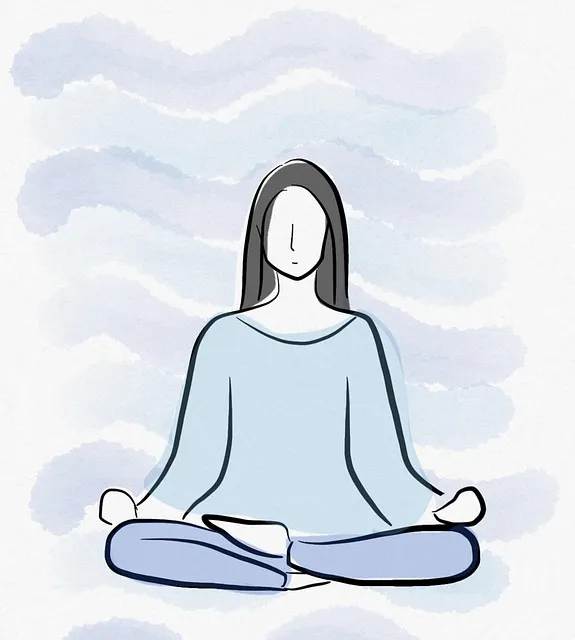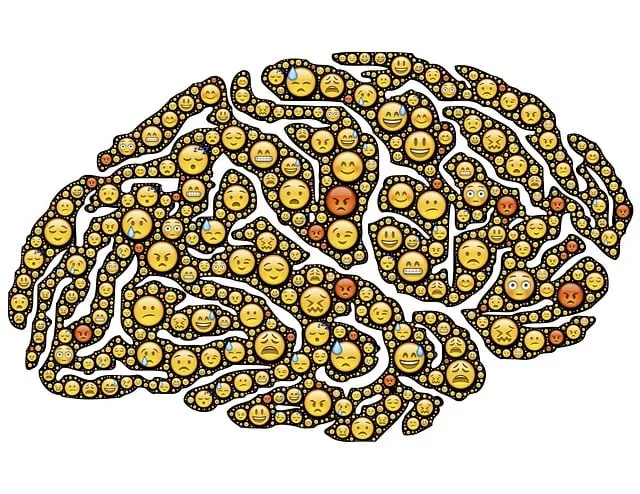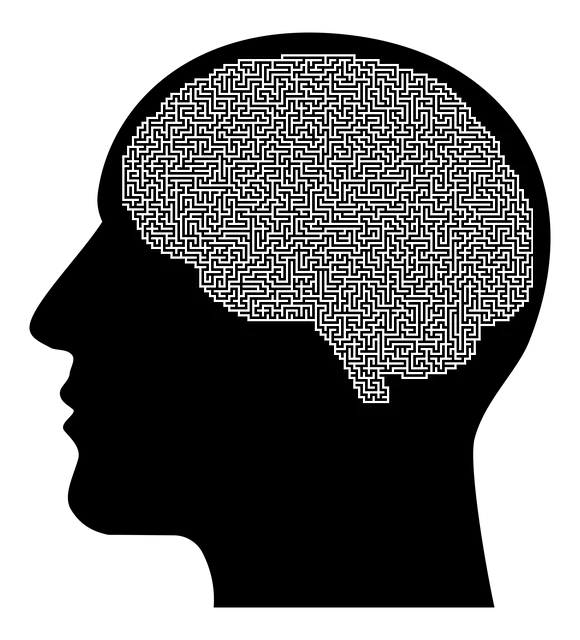Kaiser Permanente's mental health locations in Littleton offer a holistic approach to managing chronic stress, emphasizing mind-body connections. They provide tools like counseling, therapy, and education, focusing on emotional healing and coping skills development. Key strategies include lifestyle changes like diet, exercise, and sleep, plus relaxation techniques such as meditation and yoga. Professional guidance through therapy sessions, support groups, and workshops equips individuals to reduce stress, improve mental wellness, and build resilience.
Stress reduction is a vital aspect of maintaining physical and mental well-being. In today’s fast-paced world, recognizing and managing stress effectively can prevent it from becoming a pervasive force in our lives. This article explores various methods to combat stress, from understanding its impact on the mind and body to leveraging resources like Kaiser Permanente mental health services in Littleton. We also delve into lifestyle changes, relaxation techniques, and professional support for lasting stress reduction.
- Understanding Stress: Recognizing the Impact on Mind and Body
- Kaiser Permanente Mental Health Services in Littleton: A Resource for Stress Management
- Lifestyle Changes for a Calmer You: Diet, Exercise, and Sleep
- The Power of Relaxation Techniques: Meditation, Yoga, and Deep Breathing
- Seeking Professional Help: Therapy and Support Groups for Effective Stress Reduction
Understanding Stress: Recognizing the Impact on Mind and Body

Stress is a natural response to various life situations, but when it becomes chronic, it can significantly impact both mental and physical health. Recognizing the signs of stress is the first step towards managing it effectively. At Kaiser Permanente mental health locations Littleton, experts emphasize that understanding the mind-body connection is crucial in this process. When stressed, the body triggers a cascade of reactions, including increased heart rate, heightened awareness, and elevated hormone levels. These physical symptoms are accompanied by emotional and cognitive changes, such as anxiety, irritability, difficulty concentrating, and even memory issues.
Over time, persistent stress can lead to more severe health problems like cardiovascular diseases, weakened immune systems, and mental health disorders. That’s where coping skills development comes into play. By learning emotional healing processes and applying mind over matter principles, individuals can navigate these challenging times effectively. These strategies empower people to manage their stress levels, fostering overall well-being and resilience.
Kaiser Permanente Mental Health Services in Littleton: A Resource for Stress Management

Kaiser Permanente Mental Health Services in Littleton offers a comprehensive range of resources for those seeking stress reduction and mental wellness. Located in the heart of Littleton, this facility provides professional support and guidance tailored to individual needs. The team of experts is dedicated to assisting individuals in navigating the complexities of modern life and promoting emotional healing processes.
With an emphasis on holistic well-being, they offer a variety of services such as counseling, therapy, and mental health education. One effective tool they promote is journaling, which can serve as a powerful Mental Wellness Journaling Exercise. This practice encourages individuals to reflect on their thoughts and feelings, helping them gain insights into stress triggers and develop healthier coping mechanisms. Additionally, the center provides Depression Prevention strategies, ensuring that residents of Littleton have access to the tools needed to combat common mental health challenges.
Lifestyle Changes for a Calmer You: Diet, Exercise, and Sleep

Making lifestyle changes can significantly contribute to your mental wellness, offering a more balanced and calmer approach to life. At Kaiser Permanente mental health locations Littleton, experts emphasize the power of diet, exercise, and sleep as foundational pillars for stress reduction. A balanced diet, rich in fruits, vegetables, whole grains, and lean proteins, fuels your body and mind, enhancing overall mental health.
Regular physical activity, recommended by professionals at Kaiser Permanente, releases endorphins that alleviate stress and improve mood. Incorporating both aerobic exercise and strength training into your routine can help manage anxiety and depression. Furthermore, prioritizing consistent and adequate sleep—typically 7-9 hours for adults—is crucial. Sleep deprivation can exacerbate stress, so ensuring a relaxing bedtime routine and maintaining a regular sleep schedule is essential for mental wellness, as discussed in the Mental Wellness Podcast Series Production, and can even be explored through a Risk Assessment for Mental Health Professionals to identify areas of improvement.
The Power of Relaxation Techniques: Meditation, Yoga, and Deep Breathing

Relaxation techniques like meditation, yoga, and deep breathing have proven to be powerful tools for stress reduction, offering a calming respite from today’s fast-paced world. These practices, readily accessible through resources like Kaiser Permanente mental health locations Littleton, foster a sense of tranquility by teaching individuals to focus on the present moment and cultivate a deeper connection with their inner selves.
Meditation, for instance, encourages mindfulness, helping folks become more aware of their thoughts and feelings without judgment. Yoga, with its emphasis on breath control and physical postures, promotes both mental and physical relaxation. Deep breathing exercises slow down heart rate and lower blood pressure, creating an immediate sense of calm. Moreover, these techniques can be easily incorporated into daily routines, providing lasting benefits for stress management alongside enhancing overall well-being and quality of life.
Seeking Professional Help: Therapy and Support Groups for Effective Stress Reduction

For many individuals, navigating stress reduction journeys can be more effective with guidance from professionals. Therapy offers a safe space to explore and manage stress triggers, providing valuable tools tailored to personal needs. At Kaiser Permanente mental health locations Littleton, experienced therapists employ evidence-based practices like cognitive behavioral therapy (CBT) to help clients identify and change negative thought patterns contributing to stress. Support groups, another powerful resource, connect individuals facing similar challenges, fostering a sense of belonging and shared understanding.
Beyond individual therapy, attending workshops focused on empathy building strategies or participating in cultural competency training with your healthcare provider can significantly enhance stress reduction efforts. These initiatives promote deeper connections, improve communication, and cultivate environments that support mental well-being. Additionally, incorporating self-care routine development into daily life—such as mindfulness exercises, regular physical activity, and sufficient sleep—is crucial for maintaining resilience against stressors.
Stress is a universal challenge, but with the right tools, it can be effectively managed. By understanding stress’s impact on both mind and body, individuals can make informed choices to reduce its hold. From lifestyle changes like diet, exercise, and sleep adjustments, to powerful relaxation techniques such as meditation, yoga, and deep breathing exercises, there are numerous paths to a calmer state of being. If self-help methods prove insufficient, Kaiser Permanente mental health services in Littleton offer specialized support. Whether through therapy or supportive groups, access to these resources enables individuals to navigate stress and embrace a more balanced, resilient life.






